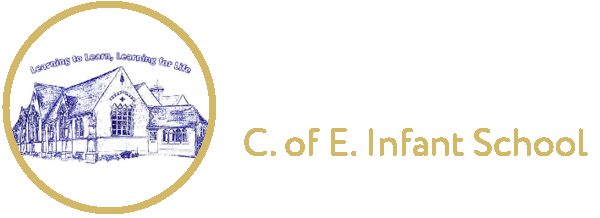Curriculum Areas
The Curriculum
Children in the Reception classes work on the Early Years Foundation Stage curriculum whilst children in Year one and Year two work on Key Stage 1 of the National Curriculum programmes of study.
The curriculum is constantly monitored by the Headteacher and Governors. All classes have interactive whiteboards and access to IPads, netbooks, digital cameras, a wide range of software and programmable floor robots.
EYFS
KS1
English
English is the vehicle by which all areas of learning are brought to life.
It provides the power to communicate and to share, and to convey our inner most thoughts, feelings and desires. A true love of English brings rich rewards from enjoying the rhythm, repetition and patterns of language to gain entry into others imaginations through story, poetry and drama and in discovering new knowledge from reference, information and factual accounts.
Our curriculum has, at its heart, a focus on developing children’s reading, writing and communication skills in all subjects. Through English lessons we enthuse and excite children with a wide range of literature, and encourage children to select books from classrooms and the library that challenge them and help them to develop confidence in themselves as readers. The skills of writing are taught through English, as well as through writing opportunities in other curriculum areas, linking to each year group’s themes. High expectations encourage high standards of spelling, grammar and presentation.
Skilful story telling keeps us spellbound and play encourages us to test out our use of language through imitation and rehearsal. English is vital to opening up learning of all kinds and across all subject boundaries.
Reading
We believe that reading is a partnership between the school, home and our wider community.
Reading is a life skill it feeds children’s imagination and opens up a treasure house of wonder and joy for curious minds. - The National Curriculum 2013
Our Reading Strategies
- Sound out and blend the word.
- Chunk longer words into syllables.
- Skip the word and then go back.
- Use the picture for clues.
- Read the sentence again and check it makes sense!
Writing
Our curriculum projects inspire children to fully engage with their writing, have a clear awareness of audience and an acknowledgement of the power and emotion that their writing can invoke.
Through various stimuli, children are encouraged to create their own purposes to write within an atmosphere of mutual respect where all writing is valued.
Mathematics
Mathematics is a creative discipline which transcends cultural boundaries; a truly global language, essential to everyday life.
Mathematics develops thinking and provides a uniquely powerful set of tools to understand and change the world. It can stimulate moments of pleasure and wonder when a problem is solved for the first time or a more elegant solution is discovered. Mathematics encourages perseverance, curiosity and logical thinking. The seeking of patterns gains insights into its structures, beauty and power.
At St Andrew’s CE Infant School we recognise the importance of mathematics in everyday life and, as such, aim to equip our children with the mathematical knowledge and skills they need to succeed in this subject. We aim for children to become fluent in the fundamental mathematics, reason mathematically and solve problems by applying their mathematics to a variety of problems with increasing sophistication.
Mathematics is taught using a wide range of resources and practical activities including games and investigational work to help the children achieve their full potential in this subject area. Lessons are varied and tailored to suit the needs of the children in each class, and are linked, where appropriate, to other curriculum areas especially ICT and Science.
